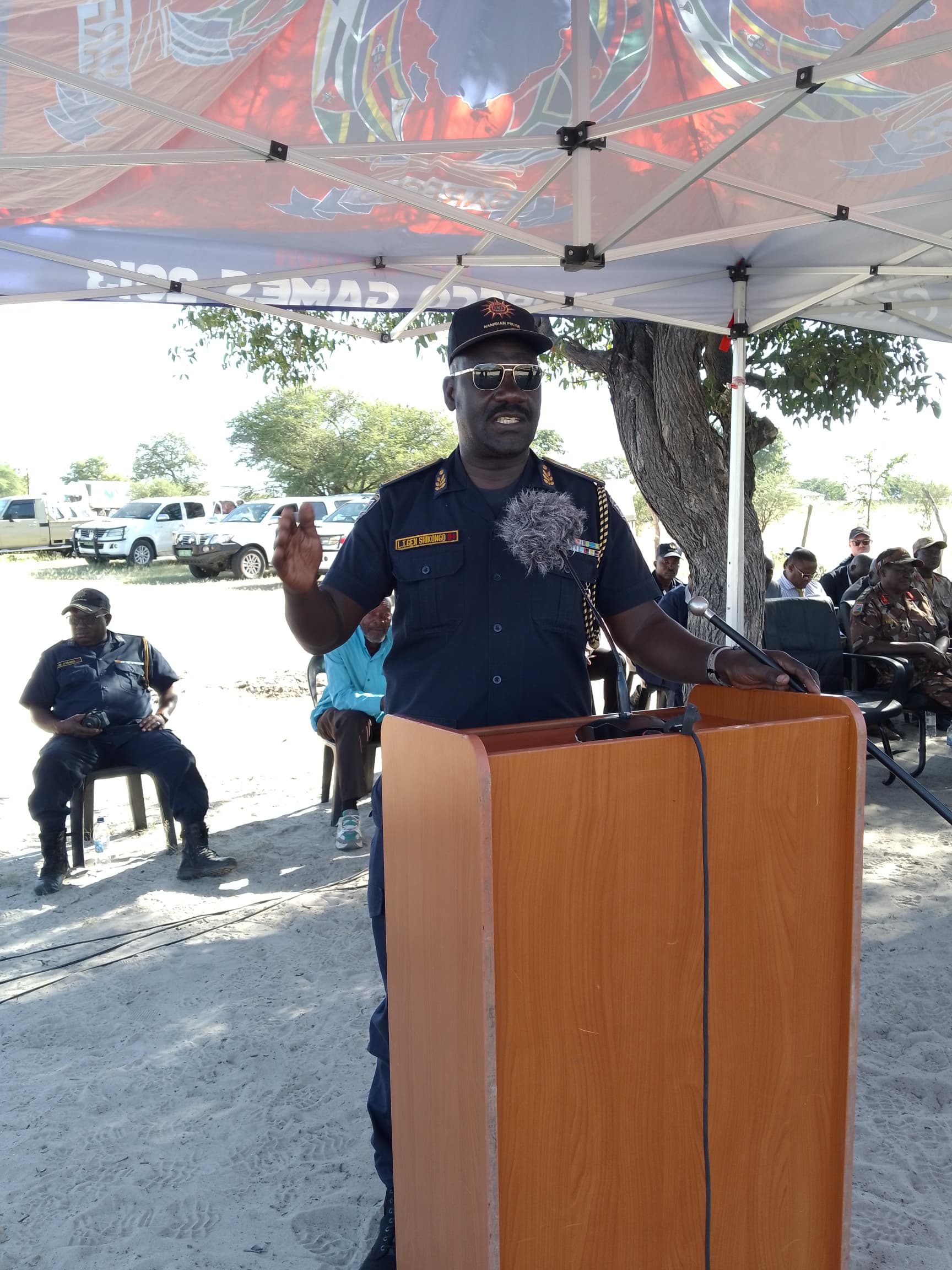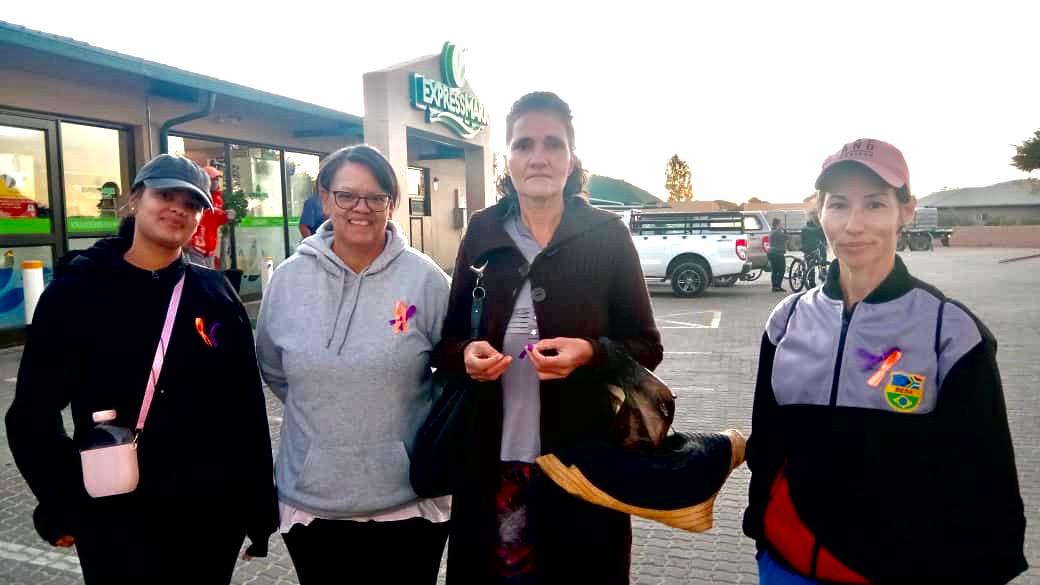WHEN Namibia’s coast is declared a national park, locals and visitors alike may have to pay to enjoy some recreational activities there.
The whole Namibian coastline will be declared a national park in the next few months – maybe as soon as Easter.
The issue of fees and permits was discussed at a recent meeting between conservation and tourism authorities – prompted by the irresponsible behaviour of some holidaygoers along the coast over the past festive season.
The problem was that many people who received one of the 1 769 free permits during the festive season ignored the stipulated regulations.
Offroad vehicles were used in ecologically sensitive areas, while many people spent nights camping on beaches. Revellers at the main New Year’s parties also left a major mess that had to be cleaned up by the Ministry of Environment and Tourism with the help of private businesses.
In all cases, the areas in which these activities took place were damaged or polluted.
According to Timo Mufeti of the Namibian Coast Conservation and Management Project (Nacoma), activities that generate an income for individuals, and those with significant impacts on the environment, may need to be controlled through permits or concessions where fees will be charged like in other parks.
Such measures will be discussed further with all stakeholders.
Mufeti said recreational activities with no environmental impact would probably remain free and unregulated, but would be restricted to clearly demarcated zones.
According to Mufeti, the Ministry will ensure that permit fees are invested in the management of these areas.
“People will have to pay for privileges, that the money can go to maintenance and rehabilitation of the affected areas, “ said the Ministry’s Director of Parks, Ben Beytell.
“We’re eager to get the process going to declare the coast a national park, and with that will be regulations and fees.”
But others present at the meeting did not share this sentiment.
“We can’t expect people living and coming here all these years, and enjoying the coast for free, to suddenly start paying,” said one of the participants.
“It should rather be those polluting and damaging that should pay through fines; not everyone through fees.”
The argument was that a decade ago, fewer people visited the coast, causing minimal damage, and easier to monitor.
Now the coast is a holiday hotspot for tens of thousands of Namibians and foreign visitors. The impact on the environment has increased dramatically, and has become much more difficult to control. “It should be clear that Government is only trying to manage the coast better. It does not want to change how people have been living there. New rules and procedures will be introduced but only to help Government and other authorities to control and manage better,” said Mufeti.
He said the notion that “life will change”, that the coast will become expensive, and that people will not able to do what they used to do, was not true.
“One must avoid spreading unfounded messages and create unnecessary misunderstandings and panic,” he warned.
Stay informed with The Namibian – your source for credible journalism. Get in-depth reporting and opinions for
only N$85 a month. Invest in journalism, invest in democracy –
Subscribe Now!










